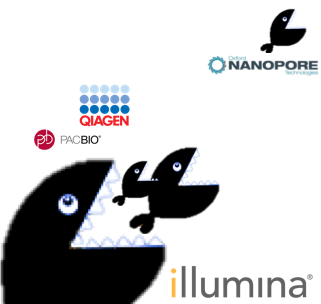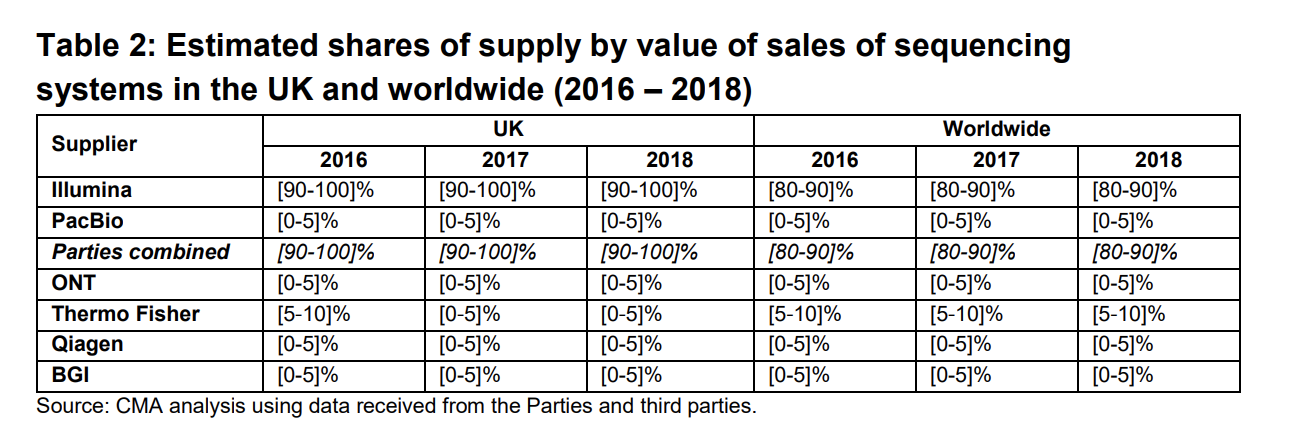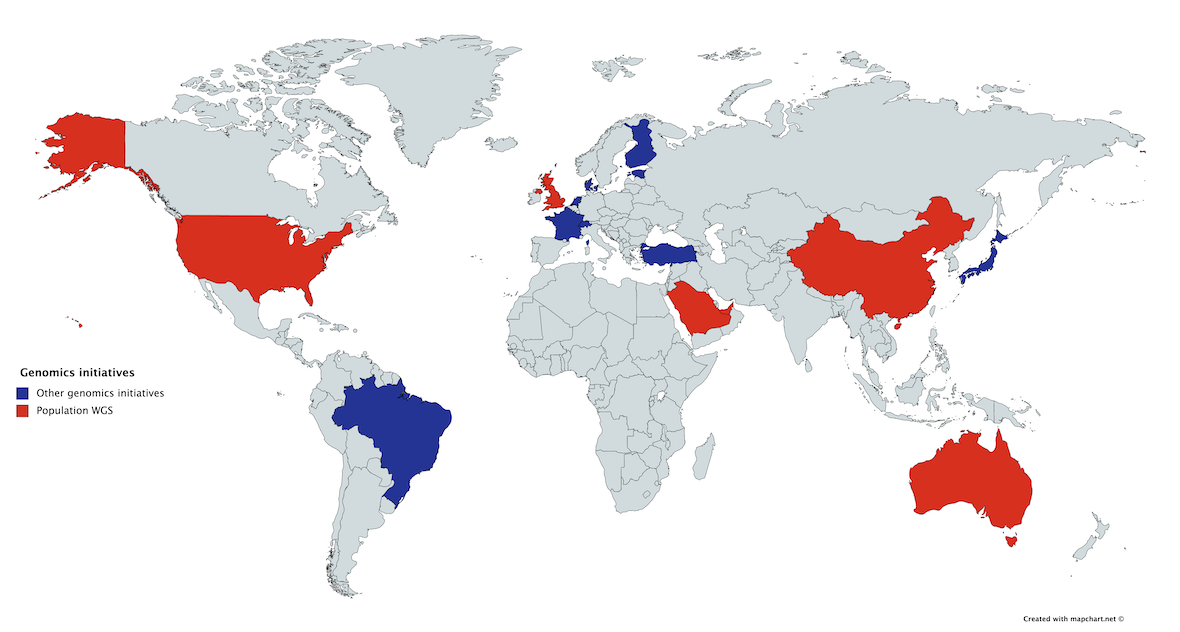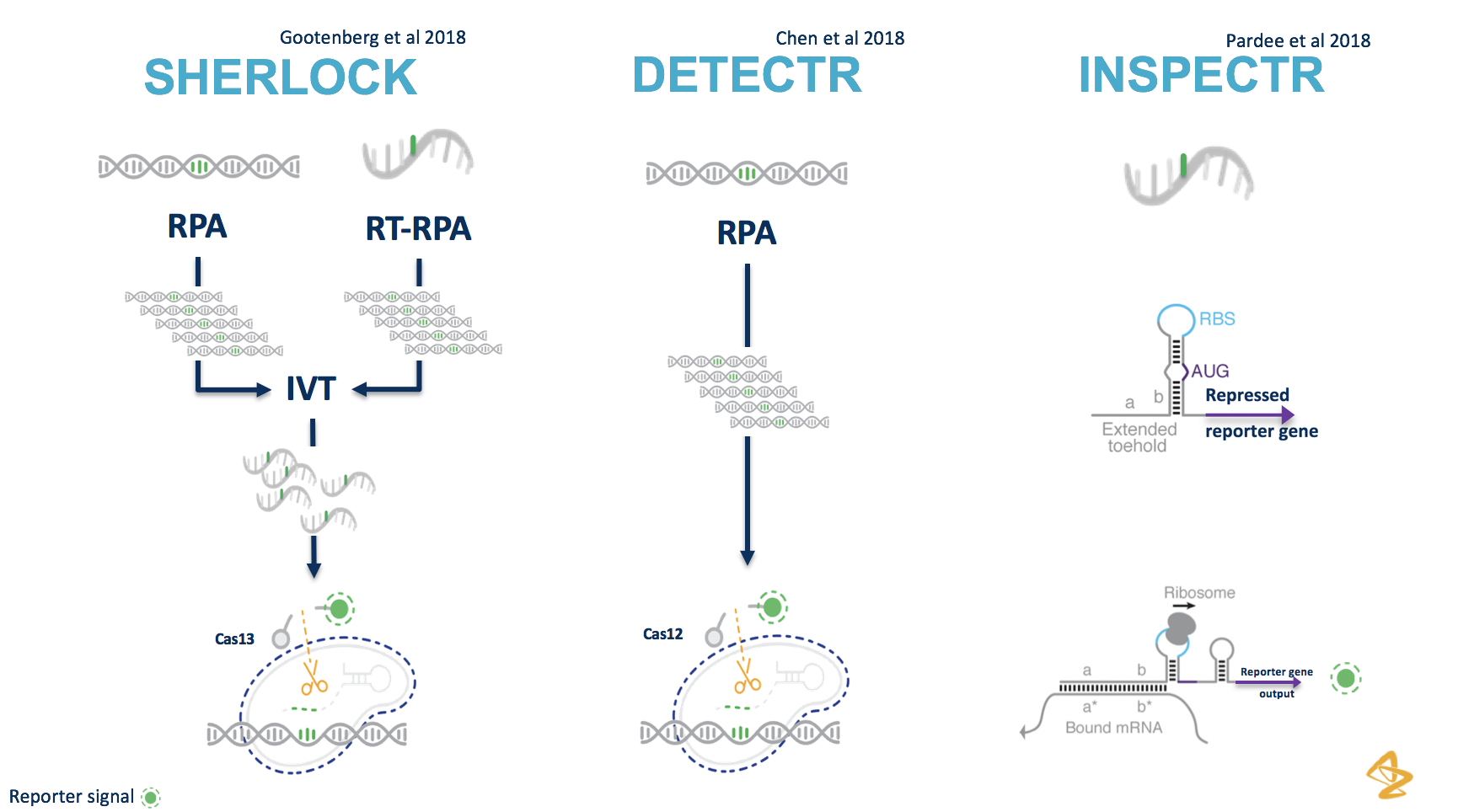Updated after reading this post on GenomeWeb!
Oxford University and the NHS announced the UK’s first next-generation sequencing based test for Cancer. The test uses Life Technologies Ion Torrent PGM and AmpliSeq to assay 46 gene “hotspots”, but should increase to around 150 genes in the future. The standard AmpliSeq and analysis software have been significantly tweaked to fit into a clinical diagnostics environment.
The NHS already sequences cancer genes such as BRCA1/2 TP53, BRAF, EGFR or KRAS using Sanger sequencing technology and recent efforts led by CRUK, TSB and the NHS aim to increase the standard test panel to nine genes in all cancer patients (Stratified Medicine Initiative). I think this new test from Oxford was developed as part of or alongside the SMI project?
The AmpliSeq test was compared to current methods used in Oxford for 80 cancer biopsy samples. It found the same mutations as conventional methods, some novel mutations and also allowed much lower detection limits; around 5% Mutant Allele Frequency. All this was accomplished in the same turn-around-time a the conventional testing and with just 5ng DNA.
Life Technologies are pursuing CE-IVD marks for the PGM so it can be used in a clinical setting, currently it is RUO! However it is not clear if the Oxford team are having to use Sanger sequencing or other orthogonal methods to verify mutations found in the test.
The test, which should cost just £300 per patient, was developed at the Wellcome Trust Centre for Human Genetics, in the Oxford BRC Genomic Medicine team, supervised by Dr Jenny Taylor.
Dr Anna Schuh, consultant haematologist at Oxford University Hospitals, was quoted as saying ‘It will be very difficult to manage in NHS diagnostic labs without gene panels. Currently, new cancer drugs tend to get approved alongside a diagnostic test specific to that drug which can determine which patients will benefit. But as more and more drugs like this come along, we can’t possibly run all the many different separate tests this could mean. We need one test for a range of drugs.’
She went on to say that “Panel tests have significant potential while we wait for the cost of sequencing whole patient genomes to come down. Even then, panel tests may be with us for some time”.
GenomeWeb update
GenomeWeb has an interview with Madhuri Hegde, executive director of the Emory Genetics Laboratory. In it she discusses their move from LifeTechs older SOLiD platform to MiSeq via PGM! She also discusses the pro’s and con’s of exomes vs panels. I thought this made a timely addition to my post.
This does not mean we should stop thinking about MiSeq based tests: I’m not changing my view that Illumina, LifeTech and others will develop panel tests and that panel-based test will become the norm. At least the norm until someone gives us a genome from DNA in 24hours with minimal hands on time in the lab or on a compute cluster. Panels should be easy!
Illumina will be looking for MiSeq clinical certification. They are also working on diagnostic test internally and many of their customers are already using Illumina technology in a similar way to the Oxford test.
From my perspective this is simply the first toe in the water for the UK’s NHS. I hope panel tests for many disease will be rolled out over the next three years and be part of standard clinical practise in five years time. I can’t wait for the first prophylactic NGS panel-based screening programme to start. Will this be for cancer, heart disease or something else? Only time will tell.








James — appreciate you giving a shout out to Madhuri Hegde, but she is female.